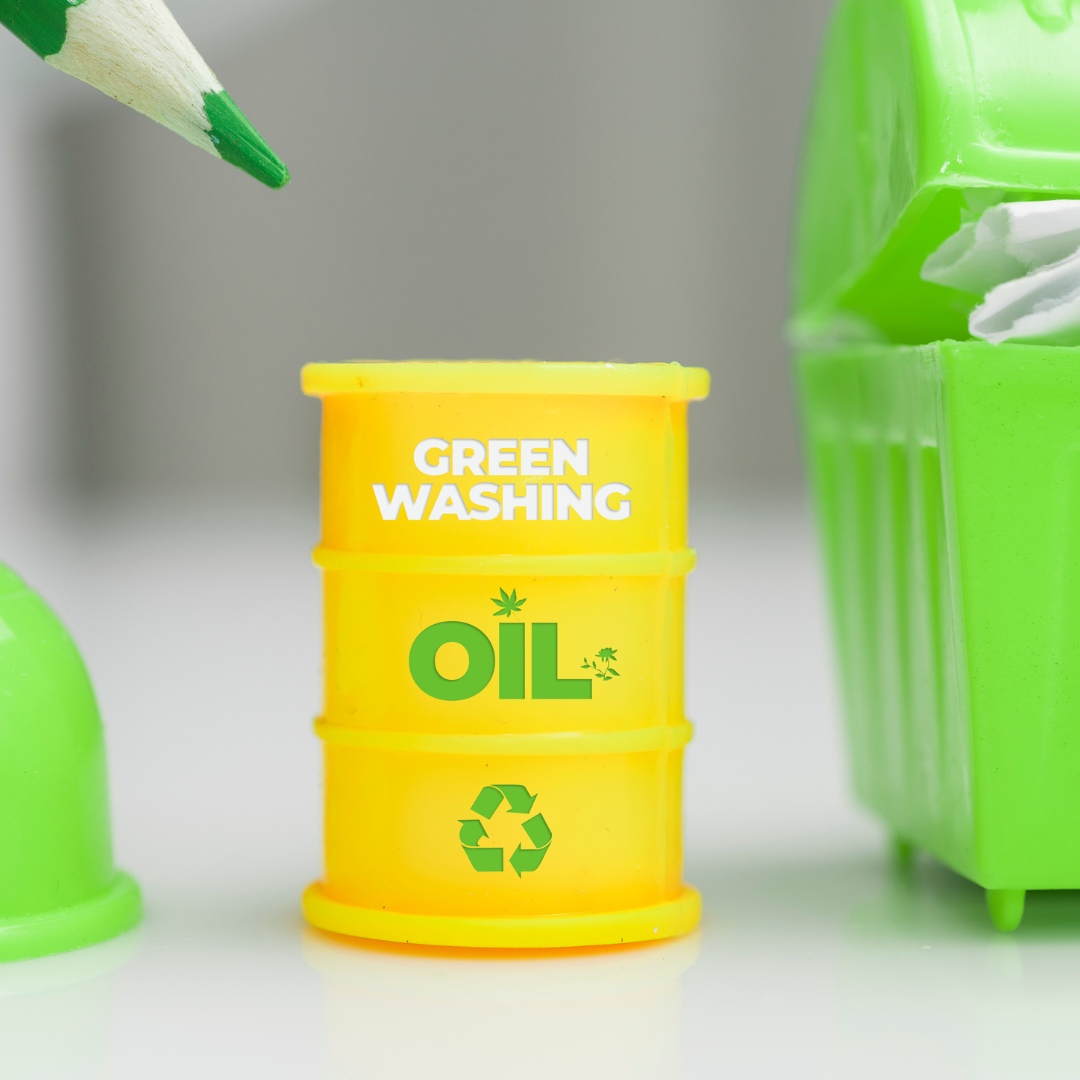Greenwashing: How to Differentiate Genuine Efforts from Faux Environmentalism

In the age of increasing environmental awareness, more consumers are seeking products and services from eco-conscious brands. However, this heightened environmental enthusiasm has birthed a deceptive practice called “greenwashing.”
Understanding Greenwashing
Greenwashing refers to the act of misleading consumers into believing that a company’s products, services, or corporate practices are environmentally friendly when they are not. Derived from the term “whitewashing,” which implies covering up mistakes or wrongdoing, greenwashing paints a deceptive green hue over companies’ true actions.
The Consequences of Greenwashing
- Misdirection and Misinformation: Greenwashing capitalizes on consumers’ genuine concern for the environment, misleading them into supporting companies that might not truly align with those eco-values.
- Overshadowing Genuine Green Initiatives: Companies that truly invest in eco-friendly practices can get lost in the noise of deceitful marketing tactics, even if their efforts are more genuine and impactful.
- Detrimental to Real Progress: When false claims dominate the market, the genuine push towards sustainability and environmental responsibility becomes muddied and less effective.
Carbon Offsets: A Double-Edged Sword
Carbon offsets have become a significant focus in the greenwashing conversation. While they’re designed to allow individuals and companies to invest in environmental projects to balance out their own carbon footprints, not all carbon offsets are created equal.
There’s a growing skepticism surrounding carbon offsets, as some companies use them as a green badge without engaging in actual, substantive environmental actions. This is unfortunate as it detracts from carbon offsets that are of high quality and genuinely beneficial. High-quality offsets can play a vital role in global carbon reduction strategies, but they risk being overshadowed by their less credible counterparts.
How to Spot Greenwashing
- Too Good to Be True: If a company’s environmental claims sound too good to be true, they might be. Digging deeper and looking for evidence or third-party certifications backing their assertions is essential.
- Emission Actions Speak Louder: Companies that emphasize carbon offsets but show little to no effort in reducing their emissions should be approached with caution.
- Transparency and Details: Genuine green efforts are often backed by transparent data, specifics about the initiatives, and third-party audits. In contrast, greenwashed projects might offer only vague details.
- Beware of Ambiguous Language: Terms like “eco-friendly,” “green,” or “natural” without context or certifications can be red flags. Companies truly invested in the environment will provide substantial evidence of their impact.
While deceptive and counterproductive, greenwashing can be combated by well-informed consumers who do their due diligence. Not all carbon offsets are the same, and by supporting and recognizing genuinely impactful initiatives, consumers can help ensure that true green efforts shine through the misleading haze of greenwashing.
For those dedicated to fostering a sustainable future, it’s crucial to continue educating ourselves and advocating for transparency in environmental claims. By doing so, we can ensure our support goes to companies genuinely pushing for a greener future and help the true potential of initiatives like carbon offsets to be fully realized.



